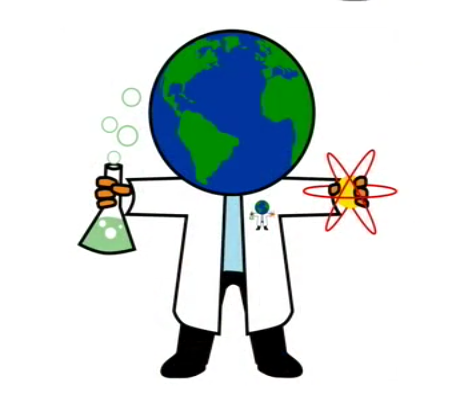The IMF report said that explicit subsidites have more than doubled since its previous assessment, from $0.5 trillion to $1.3 trillion in 2022.
It’s a bold strategy Cotton, let’s see if it pays off for them
If you liked that, you’re going to love this. It’s almost exactly the price tag to switch - completely - to renewables.
https://e360.yale.edu/digest/the-global-price-tag-for-100-percent-renewable-energy-73-trillion
I know, I know, many studies, many different amounts, but come on! Let’s try!
7 trillion is not 73 trillion.
Edit: Just saw the 7.8 trillion figure for the US to switch to 100% renewables by 2050. That’s a long time to wait.
It would be even less if we created a carbon tax
How about we take.that and spent it on climate change mitigation instead
That would require thinking beyond immediate benefits and next quarter’s bottom line. Too hard. /s
That would cost business owners money that could be used for padding their wallets. Can’t do that.
how about we do nothing and fight about stupid shit in the meantime?
This is disheartening.
Here in Alberta, Canada our Premier (moron with the biggest hat) has legitimately given hundred of millions to big oil companies under the guise of well clean up, future contracts, more work etc. etc. If you have a Texas hat, walked up to Danny Smith and stoof there with your lad in your hand (real or not) and demand money because you’re oil, she’ll ask how much and pull out my wallet.
most of these companies take the money and leave, not doing a fucking thing afterwards. Doing even less, if the money was to help clean up their fucking mess.
So there’s that.
Shitty smitty strikes again 😒
Can’t believe we voted her into office after Cheeseburger randy got forced out
Difficult one for the Indian government - more business = more power required, but subsidies not acceptable
These subsidies are mostly implicit. Particularly in countries like the US, Canada etc. Implicit are basically environmental costs. The only countries that government actually is subsidizing growth to any extent are countries like Saudia Arabia, Iran, Russia. To a lesser extent you have Western nations like Germany and the UK that are subsisting energy to your house so you don’t pay so much.
In other words the biggest cost or implicit subsidies as they call it is not subsidies to companies but the environmental costs us consumers do not pay to use energy.








